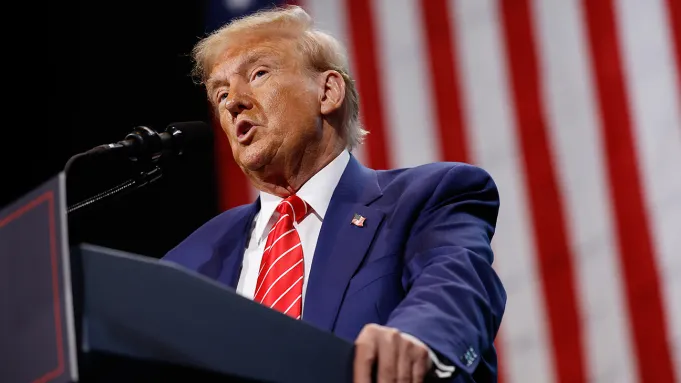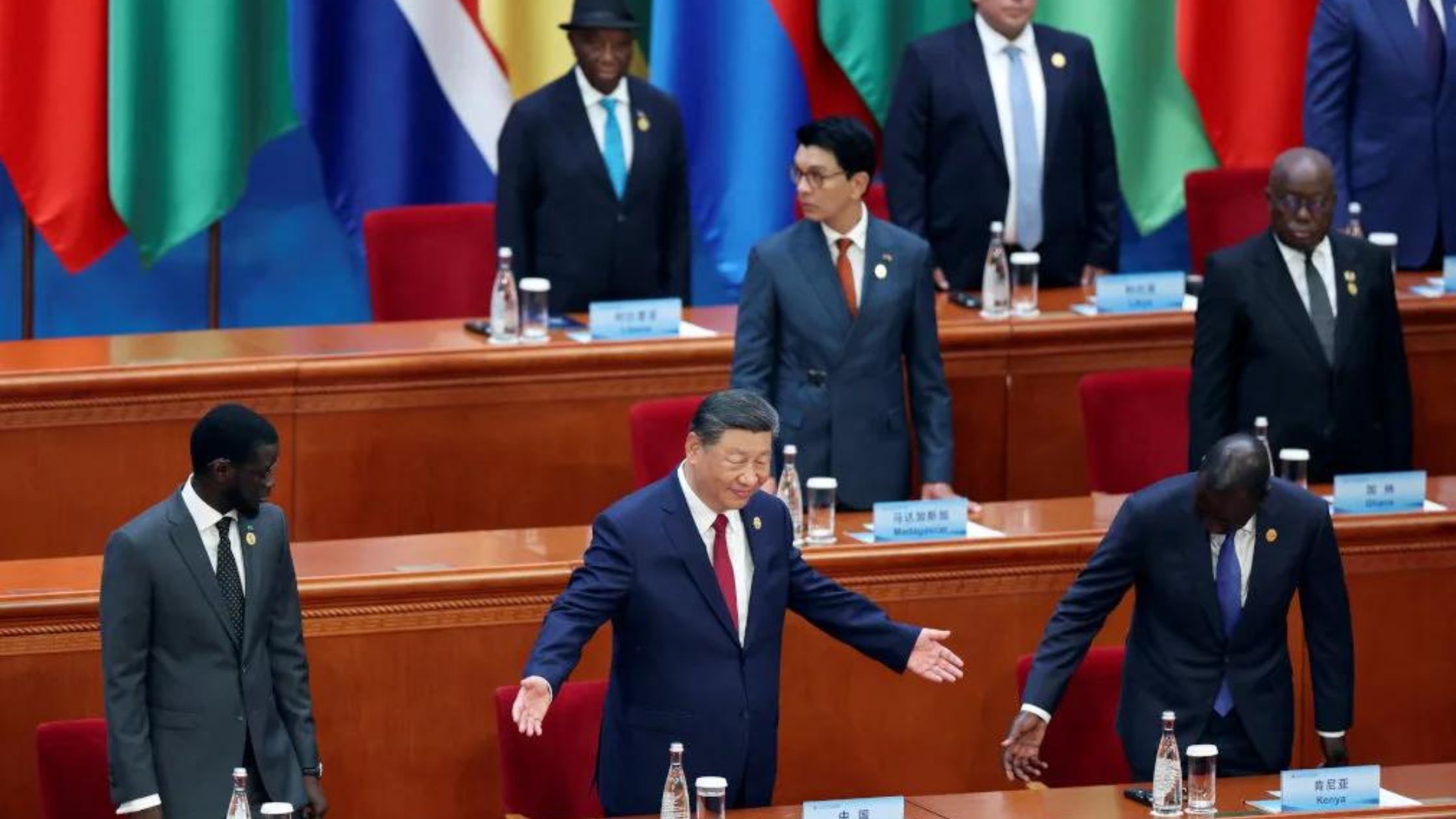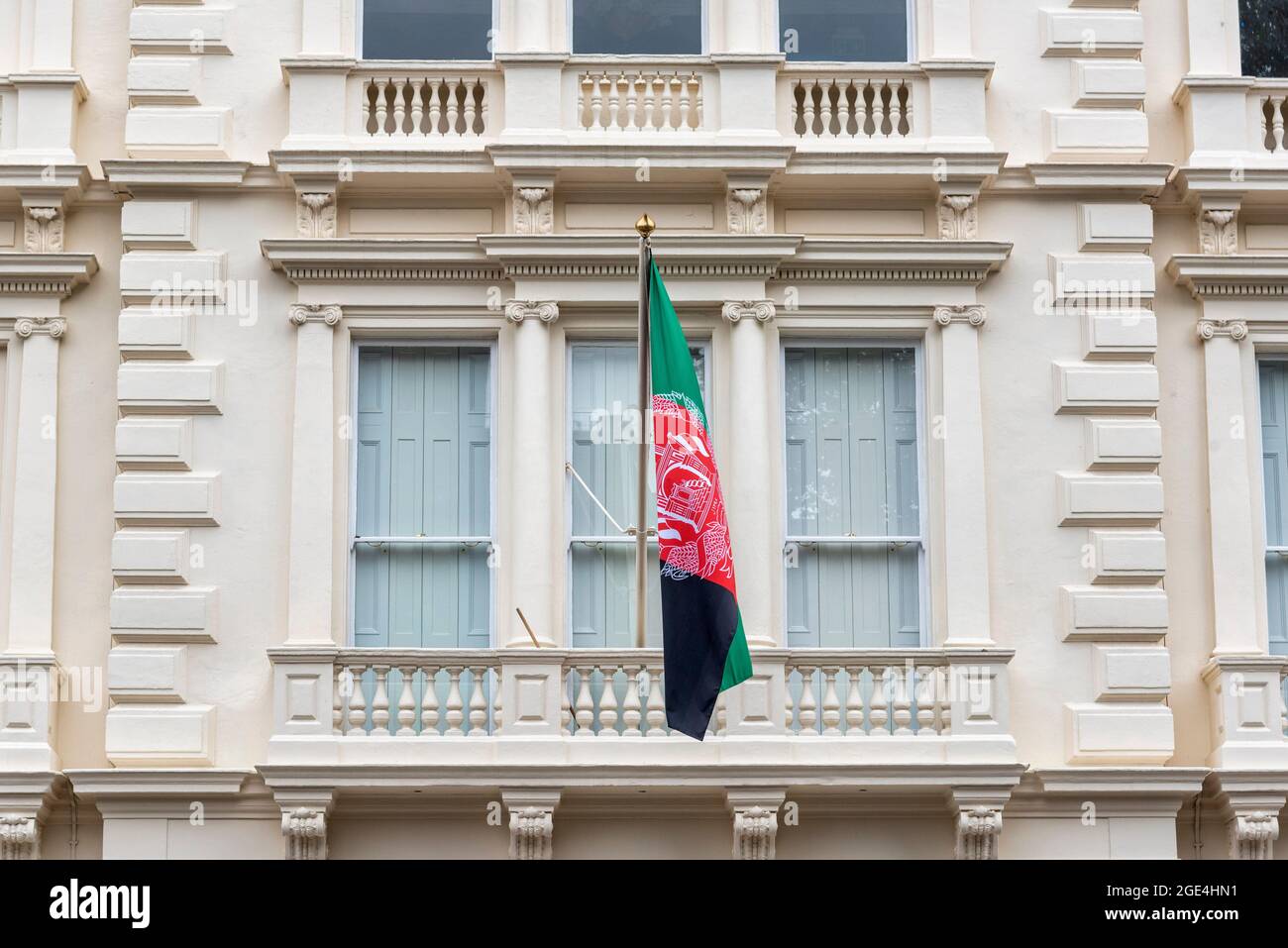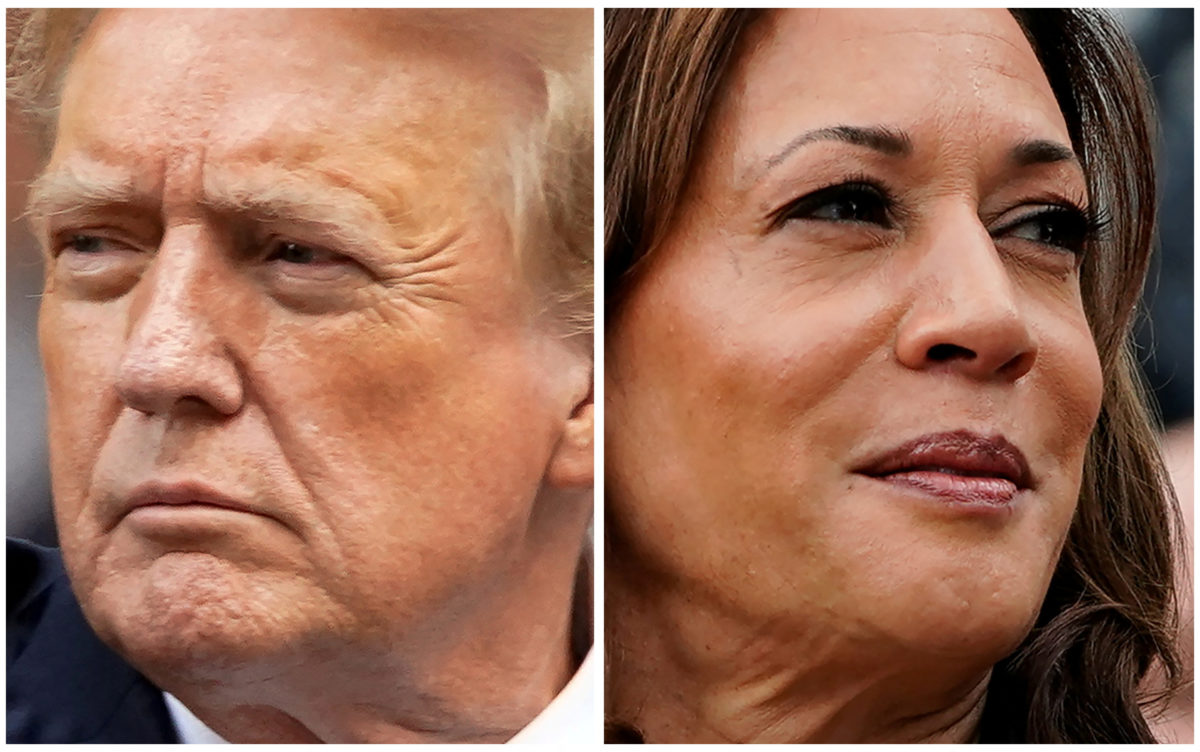The January 6 Capitol Riot: A “Day of Love” or A Dark Chapter in American History?

In the aftermath of the January 6 Capitol Riot, the event has been the subject of widespread analysis, debate, and controversy. One of the most provocative statements regarding that day came from former President Donald Trump, who referred to it as a “day of love” when questioned by a skeptical Republican voter. This statement, delivered in the face of widespread outrage and criticism, underscores the deep political and ideological divisions in America. In this article, we will explore the events of January 6 Capitol Riot, how different groups and political leaders have interpreted it, and whether Trump’s portrayal of the day as one of love holds any merit.
Understanding January 6: What Really Happened?
January 6 Capitol Riot, 2021, was the day Congress was set to certify the results of the 2020 Presidential Election, in which Joe Biden emerged victorious. What was expected to be a routine procedural event quickly turned into a violent and chaotic scene. Thousands of Trump supporters gathered at a rally near the White House, where Trump delivered a speech questioning the integrity of the election and encouraging his followers to “fight like hell.”
Following his speech, a large group of these supporters marched to the U.S. Capitol, where they breached security, vandalized property, and clashed with law enforcement. Lawmakers were forced to evacuate, halting the certification process. The riot resulted in multiple deaths, hundreds of injuries, and widespread damage to the Capitol building.
The Events Leading Up to the January 6 Capitol Riot
The seeds of the January 6 Capitol Riot were sown months before the actual event. Following the 2020 Presidential Election, then-President Trump and many of his supporters repeatedly made baseless claims of widespread voter fraud. These allegations fueled a belief among many of Trump’s base that the election had been “stolen.” The former President’s rhetoric surrounding the election emboldened his followers and created a sense of urgency to prevent what they perceived as a fraudulent transfer of power.
Several lawsuits were filed by Trump’s legal team to contest the election results, but all were either dismissed or ruled against due to lack of evidence. Despite these legal failures, Trump continued to assert that he had won the election, setting the stage for the rally that would culminate in the attack on the Capitol.
Trump’s “Day of Love” Narrative
In contrast to the violence and mayhem that unfolded on January 6 Capitol Riot, Donald Trump has maintained a vastly different interpretation of the day. Speaking to a skeptical Republican voter, he described the events as a “day of love.” This portrayal has baffled many, particularly given the violent nature of the riot, but it reveals Trump’s ongoing effort to frame the event in a way that resonates with his loyal base.
From Trump’s perspective, his supporters who gathered on that day were passionate about protecting what they saw as the integrity of the election. By labeling it a “day of love,” he seems to be suggesting that the motivations of the rioters were driven by love for their country and democracy, rather than hatred or rebellion. This narrative, however, clashes with the reality of the destruction, violence, and fear experienced by those inside the Capitol.
How the Public and Political Leaders Reacted
The events of January 6 Capitol Riot sent shockwaves through the country and around the world. Political leaders from both parties condemned the violence, though reactions varied significantly based on political affiliation.
Democrats, who had already been vocal in criticizing Trump’s refusal to accept the election results, were quick to denounce the former President’s role in inciting the mob. They argued that Trump’s speech at the rally and his months of claims of a rigged election directly contributed to the violence. Many called for his immediate removal from office, leading to his second impeachment.
Republicans were more divided in their reactions. Some, like Senate Minority Leader Mitch McConnell, condemned the violence and blamed Trump for provoking the mob. Others, particularly those in the far-right wing of the party, were more sympathetic to Trump’s claims of election fraud and downplayed the severity of the riot. This divide reflected the growing rift within the Republican Party between establishment conservatives and Trump’s more populist base.
The Legal Consequences
The aftermath of the January 6 Capitol Riot has led to significant legal consequences for many of those involved. Over 1,000 individuals have been charged with crimes related to the events of January 6 Capitol Riot, including assaulting police officers, trespassing, and damaging federal property. Several rioters have received prison sentences, some for multiple years.
Donald Trump himself has faced legal scrutiny in relation to January 6 Capitol Riot. In July 2023, special counsel Jack Smith indicted Trump on charges related to his efforts to overturn the 2020 election results. While Trump has consistently denied any wrongdoing and claims the charges are politically motivated, these legal proceedings represent a significant chapter in the ongoing fallout from the riot.
The Psychological Impact of the January 6 Capitol Riot
Beyond the legal and political consequences, the January 6 Capitol Riot has had a profound psychological impact on the nation. For many Americans, the sight of rioters storming the Capitol was a stark reminder of the fragility of democracy. It undermined the sense of security that many citizens had in the peaceful transfer of power, a cornerstone of the American democratic system.
For lawmakers and staffers who were present at the Capitol on that day, the trauma of the event is still very real. Many have spoken about the fear and uncertainty they experienced as they were evacuated from the chambers and sought shelter from the rioters. Some have reported suffering from post-traumatic stress disorder (PTSD) as a result of the events of January 6 Capitol Riot.
The psychological divide between those who view the riot as an insurrection and those who see it as a justified protest speaks to the deep ideological chasm that now exists in America. The differing interpretations of January 6 reflect broader societal divisions over issues like election integrity, the role of government, and the direction of the country.
A Deeply Divided America
The fact that Donald Trump’s description of January 6 Capitol Riot as a “day of love” resonates with some Americans while being roundly rejected by others illustrates just how polarized the country has become. For many Trump supporters, the riot is seen as a legitimate expression of anger and frustration with a political system they feel has failed them. For others, particularly those on the left, the events of January 6 were an attack on democracy itself.
This polarization is not a new phenomenon but has deepened over the last decade, exacerbated by social media, partisan news outlets, and the rise of populist movements. The January 6 riot was a manifestation of this division, and the differing interpretations of the event only serve to further entrench opposing sides.
Can America Heal?
In the wake of such a deeply divisive event, the question remains: Can America heal from January 6, or will it continue to be a flashpoint for political and ideological conflict? While there have been calls for unity from leaders on both sides of the aisle, achieving this goal seems increasingly difficult in a landscape where distrust and animosity run deep.
One path forward may involve a renewed commitment to civility in political discourse and a focus on bridging the gap between opposing sides. Political leaders, media outlets, and citizens alike must work to reduce the inflammatory rhetoric that fuels division and seek common ground on issues that matter to all Americans.
Another key to healing may lie in accountability. The legal consequences for those involved in the January 6 riot, including potential repercussions for Trump himself, could serve as a deterrent for future acts of political violence. Holding individuals accountable for their actions, while ensuring that justice is applied fairly and impartially, is essential to restoring faith in the rule of law.
Conclusion: A “Day of Love” or a Day of Infamy?
Donald Trump’s characterization of January 6 as a “day of love” is unlikely to be accepted by a majority of Americans. For many, the riot was a dark and dangerous moment in the nation’s history, one that highlighted the fragility of the democratic system and the consequences of incendiary political rhetoric. However, for Trump and his supporters, the event may symbolize a passionate defense of their vision of America, no matter how misguided it may seem to others.
Ultimately, the events of January 6 will likely continue to be a subject of debate and interpretation for years to come. Whether viewed as a day of patriotism or insurrection, the January 6 Capitol Riot has left an indelible mark on the nation and its political landscape. As the country moves forward, it will need to grapple with the underlying causes of the event and work toward healing the deep divisions that made it possible.








